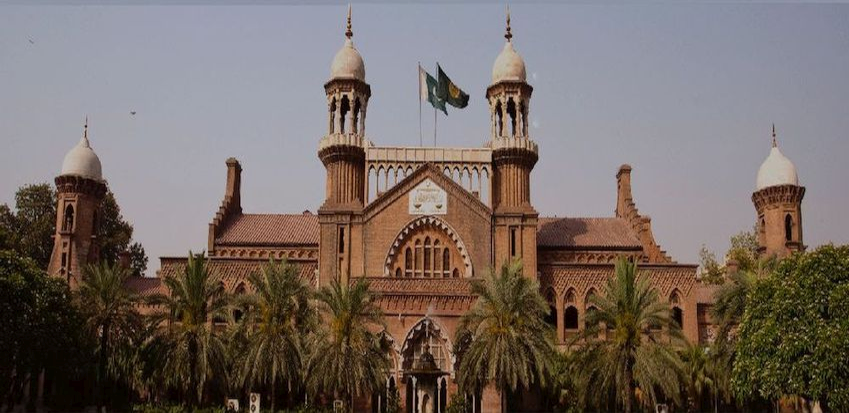Lahore High Court Acquits Convicted / Accused in Double Murder Case due to Delays in filing the FIR and Conducting the Postmortem which raise Doubts about the case’s Credibility
Islamabad 19-10-2024: The Lahore High Court has acquitted Muhammad Iqbal, previously sentenced to death for the murders of Muhammad Shafaat and Muhammad Ijaz, overturning the trial Court’s conviction after finding multiple inconsistencies in the prosecution’s case.
The Court, led by Ms. Chief Justice Aalia Neelum and Mr. Justice Asjad Javaid Ghural, delivered its judgment in [Criminal Appeal No. 48876 of 2019], setting aside accused’s conviction and ordering his immediate release. The acquittal stems from a murder case registered under Sections 302, 109, 148, and 149 of the Pakistan Penal Code (PPC) in [FIR No. 506/2014] at Civil Line Police Station, Gujrat. The accused had been convicted of killing the father-son duo over an alleged land dispute.
The Court noted a 45-minute delay in reporting the crime to the police, which cast doubt on the spontaneity of the First Information Report (FIR). Further, there was an unexplained delay of over 8 hours in conducting the postmortem examinations, creating significant concerns about the reliability of the timeline presented by the prosecution.
Testimonies from the three key witnesses Muhammad Arshad (PW-1), Muhammad Ilyas (PW-2), and Muhammad Afzal (PW-4) contained substantial discrepancies and contradictions. The Court found that these witnesses had made improvements in their statements during trial, damaging their credibility.
The Court expressed doubts about whether the witnesses were even present at the crime scene, given that the location was obscured by a Jawar crop. This fact raised further doubts about the accuracy of the eyewitness accounts.
The prosecution had alleged a land dispute as the motive behind the killings, but the Court found the motive to be vague and unproven. The defense presented alternative theories regarding the victims’ past enmities, and the Court ultimately held that the prosecution had failed to establish a clear motive for the crime.
While weapons were recovered and linked to the crime scene, the Court found the evidence to be inconsequential due to procedural flaws in the handling and submission of the forensic evidence.
The Court emphasized the principle of reasonable doubt, ruling that the inconsistencies and delays in the prosecution’s case failed to meet the high standard required for a criminal conviction. Citing Muhammad Akram Vs. The State (2009 SCMR 230), the judgment reinforced that any doubt must benefit the accused as a matter of right, not grace.
The Court also dismissed the [Murder Reference No. 185 of 2019], which had sought to confirm Iqbal’s death sentence, and ruled in the negative on the confirmation of capital punishment.
In a related development, the Lahore High Court also upheld the acquittal of seven co-accused individuals, including Mukhtar Ahmed and Iftikhar Ahmed, who had been acquitted by the trial Court. The complainant, Muhammad Arshad, had filed [Criminal Appeal No. 44259 of 2019] seeking their conviction, but the Court found no basis to overturn their acquittal, reaffirming the double presumption of innocence attached to acquitted individuals.
The Lahore High Court’s decision underscores the importance of procedural integrity in criminal cases, particularly in relation to delays, inconsistent testimonies, and the principle of reasonable doubt. With this judgment, Muhammad Iqbal is exonerated of all charges, and his death sentence has been revoked.
Powered by Froala Editor








